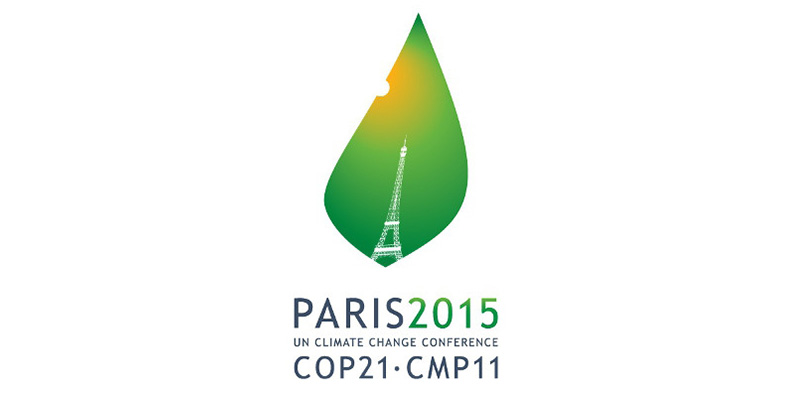- India
- Dec 03
- Mathew Gregory
High-level ministerial committee for implementation of Paris Agreement
In another move that re-affirms India’s seriousness to ‘walk the talk’ on climate change, the Ministry of Environment, Forest and Climate Change (MoEFCC) has constituted a high-level inter-ministerial Apex Committee for Implementation of Paris Agreement (AIPA) under the chairmanship of Secretary, MoEFCC.
The year 2021 would mark the beginning of implementation of the Paris Agreement and constitution of AIPA is central to strengthening the national systems and institutional arrangements for implementation and monitoring of climate actions. It will also ensure that India maintains its climate leadership as one the few countries in the world whose climate actions are consistent with the goals of the Paris Agreement.
Functions of AIPA
• to generate a coordinated response on climate change matters that ensures India is on track towards meeting its obligations under the Paris Agreement including its Nationally Determined Contributions (NDC).
• to oversee the progress in implementation of India’s NDC and receive periodic information updates to monitor, review and revisit climate goals to fulfil the requirements of the Paris Agreement.
• to operate as a National Authority to regulate carbon markets in India under Article 6 of the Paris Agreement, formulate guidelines for consideration of projects or activities under Article 6 of the Paris Agreement, issue guidelines on carbon pricing, market mechanism, and other similar instruments that have a bearing on climate change and NDCs.
• to take note of the contributions of the private sector as well as multi-/bi-lateral agencies in the field of climate change and provide guidance for aligning their climate actions with national priorities.
NDCs are the accounts of the voluntary efforts to be made by countries that are a part of the Paris Agreement, to reduce greenhouse gas emissions and mitigate the impacts of anthropogenic climate change.
The three quantitative goals in the Indian NDCs are:
• A 33-35 per cent reduction in the gross domestic product emissions intensity by 2030 from 2005 levels
• A 40 per cent share of non-fossil fuel based electricity by 2030
• Creating a carbon sink of 2.5-3 billion tonnes of carbon dioxide through afforestation programmes
The Paris Agreement
The Paris Agreement is an agreement within the United Nations Framework Convention on Climate Change (UNFCCC), dealing with greenhouse-gas-emissions mitigation, adaptation, and finance, signed in 2016. As of February 2020, all 196 members of the UNFCCC have signed the agreement and 189 have become party to it. Of the seven countries which are not party to the law, the only significant emitters are Iran and Turkey.
Under the Paris Agreement, each country must determine, plan, and regularly report on the contribution that it undertakes to mitigate global warming.
Objectives
a. Holding the increase in the global average temperature to well below 2°C above pre-industrial levels and to pursue efforts to limit the temperature increase to 1.5°C above pre-industrial levels, recognizing that this would significantly reduce the risks and impacts of climate change;
b. Increasing the ability to adapt to the adverse impacts of climate change and foster climate resilience and low greenhouse gas emissions development, in a manner that does not threaten food production;
c. Making finance flows consistent with a pathway towards low greenhouse gas emissions and climate-resilient development.
(The author is a trainer for Civil Services aspirants. The views expressed here are personal.)

